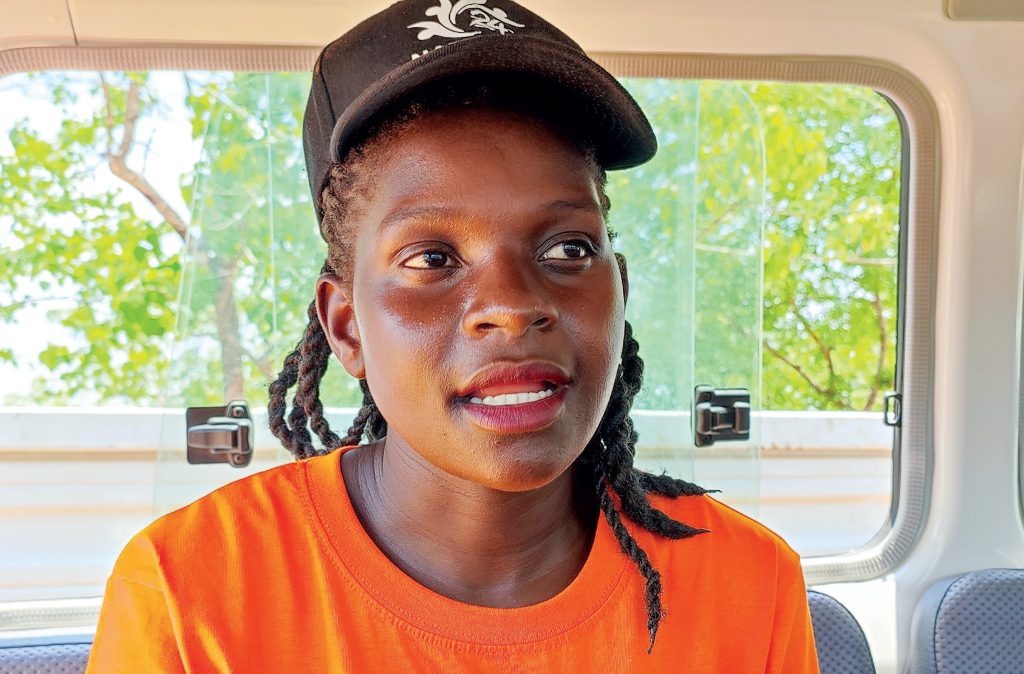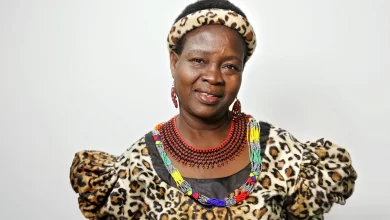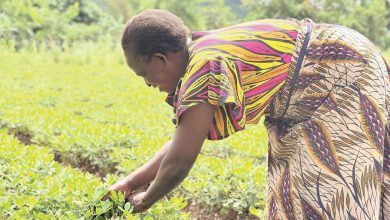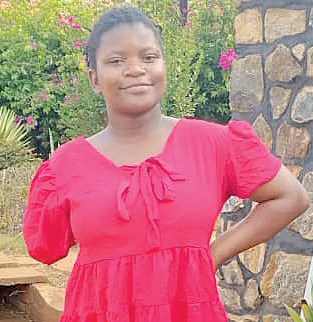Neno’s partners in GBV war
Partners In Health (PIH) is spearheading the push to end gender-based violence (GBV) in Neno District.
The non-governmental organisation has been providing healthcare services in the hilly district since 2017.

Two years later, it embarked on a village to village initiative to raise community awareness on how to prevent, identify, report and stop GBV.
“Previously, the situation was bad. Many people in the district could not recognise and report gender-based violence. As such, they were not coming out to report abuse,” says PIH adolescent and women’s health clinical mentor Rachel Mwanza.
The gap gave rise to various interventions to ensure no woman or girl was left behind.
“This helped break the silence. A lot of cases surfaced,” says Mwanza.
PIH has rolled out community social dialogue sessions known as Bwalo la Chinyamata, which target boys as allies in ending GBV.
It also supported the establishment of community task forces and groups that link GBV survivors to screening for health complications and referral to law enforcers, psychosocial counselling and other remedies.
The grassroots initiatives have strengthened coordination between local structures such as mother groups and community policing forums with child protection officers to effectively prevent GBV and respond to rights violations.
PIH has also trained health workers on the management of GBV cases, helped over 2 000 survivors of rape, defilement, child marriages and other forms of GBV.
Girls below 18 years old constitute about 80 percent of the reported cases, PIH reports.
Gloria Munlo, now 22, is worried that illegal marriages involving girls below 18 have become a tolerated form of defilement.
The girl, from Chikalema Village in Traditional Authority Chikalema, dropped out of Form Four and married a 24-year-old tailor during the Covid-19 school break in 2020.
“It was just peer pressure,” she says. “All my four friends got married. I was 17 when I followed suit.”
The last born in a family of seven children was the first to reach Form Four.
“My parents were shocked when I dropped out months before completing secondary school. None of their children had obtained the Malawi School Certificate of Education [MSCE],” Gloria recounts.
The parents tried in vain to rescue the girl from the outlawed marriage.
“He promised to love me till death and I married him against my parents’ will. I got pregnant and it was difficult to return to my parents,” she says.
Shortly after Gloria gave birth through caesarian procedure, the husband ejected her “saying he wasn’t ready for marriage”.
“I spent days without food. He used to beat me day and night while screaming all sorts of abuse,” she recalls.
The girl reported the case to the district’s social welfare office, but the abuse persisted.
He kicked her out when the boy was 11 months old.
“I was stranded. I asked my parents to give me a second chance, they accepted me back,” she says regretfully.
In 2021, Gloria, with support from the local agents in the fight against GBV, sued her husband for child support.
To her delight, Chikonde Magistrate’s Court in the district ordered him to pay K20 000 in monthly child support.
However, the man only complied for a month, risking imprisonment for contempt of court.
Gloria regrets quitting school just when she was about to sit for MSCE examinations, which marks transition from secondary school to university.
When the baby was one year and six months old, her parents sent her back to school.
Her mother devotedly took care of the baby during school hours and her father paid school fees so that she could learn.
Her re-enrolment at Neno Community Day Secondary School in 2022 gave her a second chance to learn and achieve her dreams despite insults from her schoolmates.
The girl, who scored 32 points in her MSCE examinations, dreams of studying tailoring to become self-sufficient.
“My parents are my hero,” she says. “I cannot pay back for everything they have done to me. I won’t marry anytime soon. I’ve to take care of my son and parents.”
District gender officer Gertrude Mphande says child marriages and sexual assault remain rampant in Neno.
She says most of the rape and defilement cases are perpetrated by kabaza cyclists who carry travellers at a fee.
PIH is supporting government in the global push to achieve the Beijing Declaration adopted in September 1995 to end all forms of violence against women and girls.
The international declaration adopted at the Fourth World Conference on Women in the Chinese capital promotes gender equality and women’s empowerment.
It embodies a shared vision to create a future free from fear and injustice.
The declaration was the global talking point and rallying call during this year’s 16 Days of Activism against GBV, which was launched at Mpasa CDSS ground on November 25.
The national theme was Unite to End Violence against Women and Girls in Malawi towards Beijing +30.





